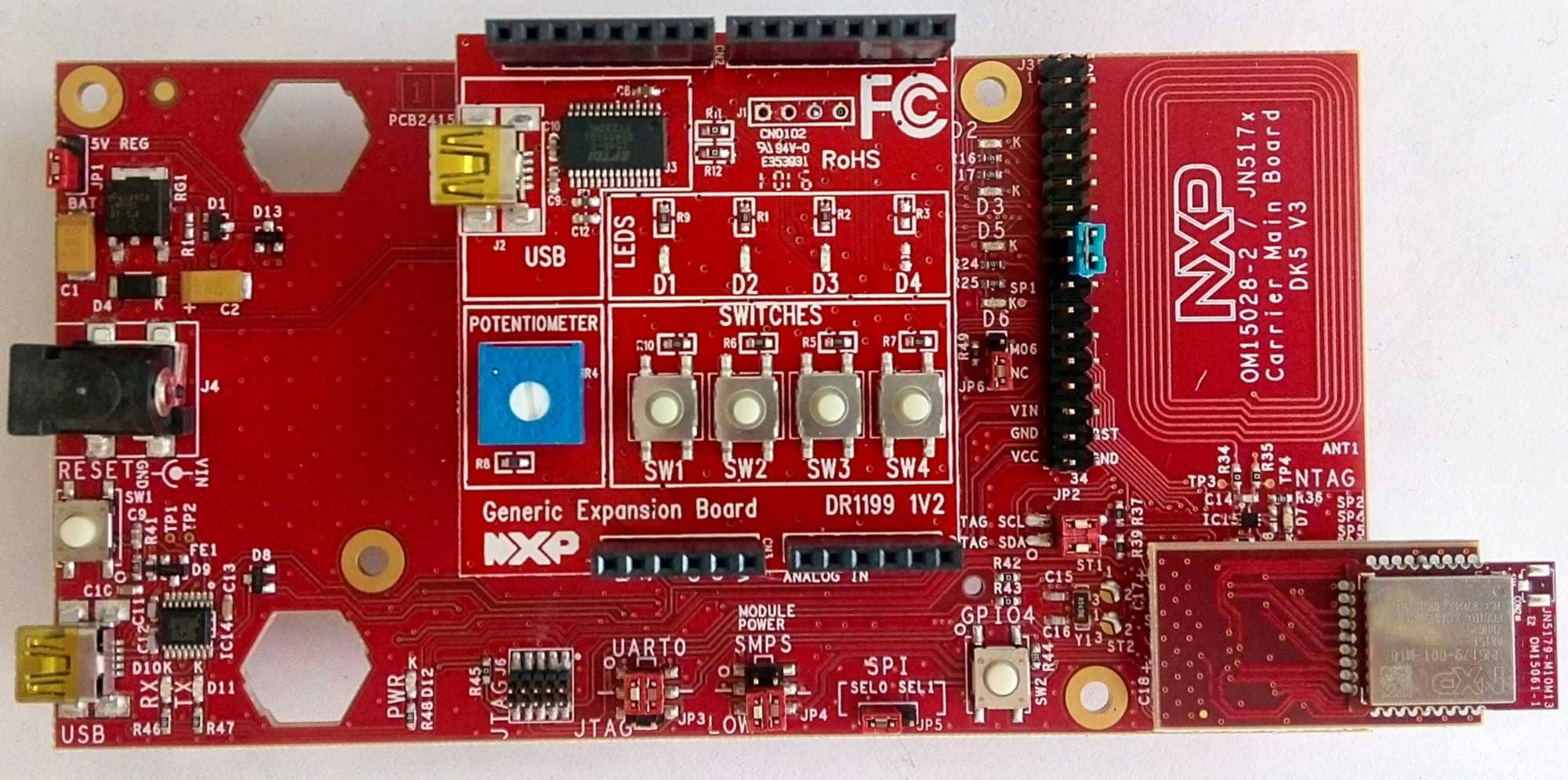Worldwide semiconductor production is knowledge- and capital-intensive, highlights an analysis released by the European Parliament.
While a foundry producing the most advanced chips costs about $20 billion to operate, it could require up to 2,000 semiconductor engineers and thus a strong pool of local talent, the analysis says.
Recently, the semiconductor sector has experienced a shift in demand in response to several prevailing trends, such as the widespread deployment of 5G communications, the proliferation of the Internet of Things, the advancement and adoption of electric vehicles and electric vehicle-related technologies.
In addition, the Covid-19 pandemic, which has accelerated the transformation of digital and electronic devices, also partially contributed to the global shortage of semiconductor manufacturing capacity.
In such an environment, European research is one of the driving forces behind chip miniaturization, which is key to the rapid technological evolution of the industry.
According to Moore’s Law, every two years, technological advances roughly double the number of transistors per semiconductor area and thus also the computing power and energy efficiency of the most advanced chips of the same size.
The most advanced chips now have tens of billions of transistors on one square centimeter of silicon, up from tens in the early chips of the early 1960s and thousands in the 1970s.
Semiconductor production
It has been said that semiconductors are to the digital transition what steam engines were to the industrial revolution: a general-purpose technology defining an entire era of economic growth and progress.
Now, refers the same European Parliament analysis, chips are universally present and essential components of digital and digitized products, devices and infrastructures, from smartphones and vehicles to healthcare, energy, communications and industrial facilities.
With digital transformation and the emergence of highly automated cars, the Internet of Things, AI, cloud computing, supercomputers, industrial production automation, and applications in space and defense, chips will become increasingly crucial as economic and strategic assets.
With the relentless expansion of computing capabilities, AI and connectivity, including the need to manage ever-increasing volumes of data and the increasing digitization of electrical devices, industrial machines and vehicles, the semiconductor market is expected to double from $550 billion today to more than $1 trillion by 2030, according to McKinsey projections.
![]()

